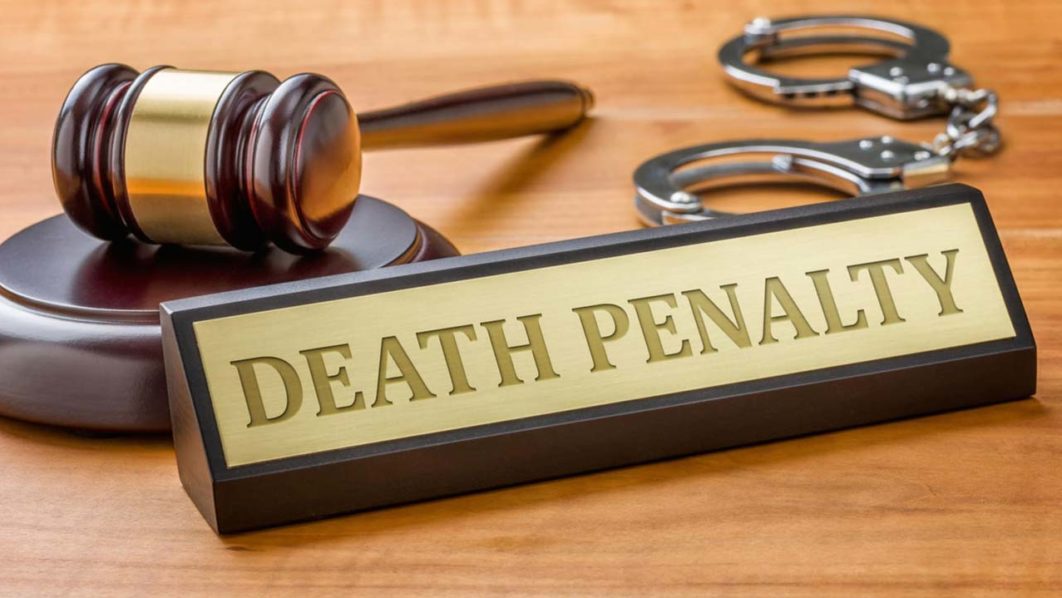
Stakeholders in the justice sector have argued that the death penalty as a punishment for grievous offences does not deter crime. Speaking to The Guardian at separate interviews, they insist that offences like armed robbery and murder would have been reduced substantially had that been the case.
Lawyer and human rights activist, Adaobi Egboka, stressed that the death penalty does not act as a deterrent to any crime, “as many studies have shown.”
According to her, there is no evidence to suggest that the death penalty has effectively reduced crime in Nigeria or anywhere else in the world. “Research indicates that the likelihood of being caught and the efficiency of the judicial process have a more significant impact on deterring crime than the severity of the punishment.
“Countries that have abolished the death penalty have not experienced an increase in crimes, suggesting that capital punishment is not necessary to deter crime.
“Many countries, including African countries, are moving away from the barbaric act of the death penalty. I wonder why Nigeria still wants to dwell on archaic ideas,” she argued.
The lawyer insisted that the death penalty also violates fundamental human rights to life, which is protected by various international human rights agreements, including the Universal Declaration of Human Rights and the International Covenant on Civil and Political Rights, that Nigeria signed.
Executing individuals, she maintained, undermines the sanctity of human life and the inherent dignity of every person. Egboka added that the judicial systems worldwide, including Nigeria’s, are not infallible, meaning wrongful convictions can occur due to various factors.
According to her, the irreversible nature of the death penalty means that any miscarriage of justice leading to an innocent person’s execution cannot be rectified. She advised the government to focus on comprehensive strategies and strengthen investigation and apprehension systems instead of resorting to the death penalty, adding that developing practical and functional institutions with improved technology to track and apprehend offenders, is crucial. Also, Deji Ajare of Sterling Law Centre condemned the retention of the death penalty in Nigeria.
“As an organisation dedicated to promoting citizens’ constitutional rights and advocating a fair and humane criminal justice system, we strongly oppose the use of the death penalty under any circumstances. Capital punishment is a violation of the inherent right to life and has been repeatedly condemned by international human rights bodies,” he said.
He reiterated that the death penalty does not act as a deterrent to crime, adding that it has not resulted in a reduction in crime rates, rather, they intensified violent crimes.
In his argument, the former 2nd vice president of the Nigerian Bar Association (NBA), Dr Monday Ubani (SAN) also called for the abrogation of the death sentence in our statutes since the approving authorities (the governors) are not ready to sign the execution warrant.
“The governors are saying that they don’t want blood on their hands, hence they don’t want to sign the execution warrant. This has been going on for years, and the numbers keep on increasing and congesting the prisons.
“So, it is putting a lot of burden on the facilities. Let them remove it. Most countries have abolished the death penalty in their record books. Instead of the death penalty, let us commute it to life sentence, and allow them to live again,” he suggested.
However, constitutional lawyer Chief Mike Ahamba (SAN) said though many people do not subscribe to the death sentence, he approves it. Speaking generally on the death penalty, he declared that whoever kills or engages in heinous crime, should be killed. He blamed the governors for abandoning their constitutional responsibilities of signing the execution warrant of condemned inmates.
The senior lawyer said: “If the governors do not have the courage to perform their executive responsibilities of either signing the death warrants or commuting the death sentence to life imprisonment as stipulated by law, then the National Assembly should abolish the death penalty so that all those in death sentence can be commuted to life imprisonment.
“It is unfortunate that the governors have not risen to their responsibilities. If you don’t have the courage to exercise powers, you don’t have to sign up for the job. It is either you sign a death warrant or commute it to life imprisonment,” he declared.
Also, former Lagos State Attorney General and Commissioner of Justice, Adeniji Kazeem (SAN), noted that section 30(1) of the 1999 Constitution recognises the death penalty as a form of punishment in the execution of the sentence of a court of law where an accused person has been found guilty.
While the constitution, he said, guarantees and protects the right to life, it also recognises deprivation of life so long as it is pursuant to the execution of a court’s sentence for a criminal offence of which the accused has been found guilty in Nigeria.






